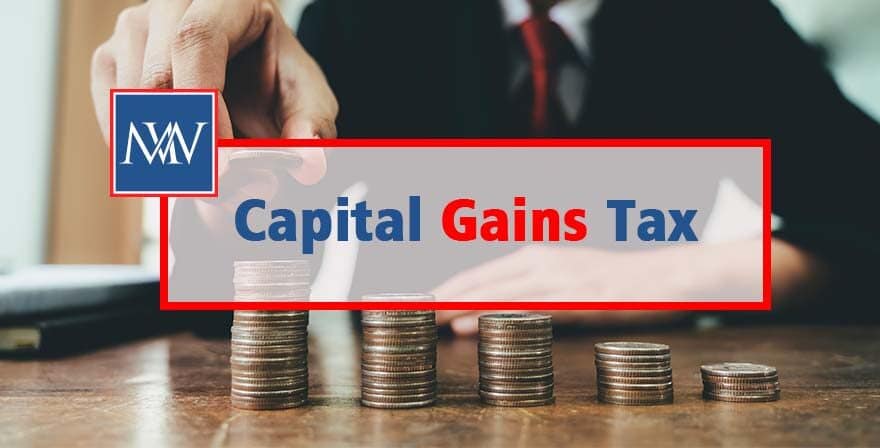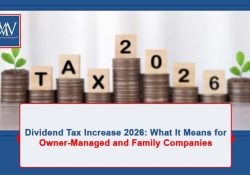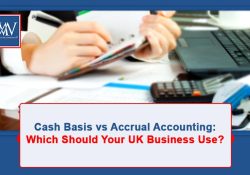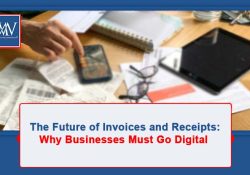
Capital Gains Tax
Capital Gains Tax (CGT) arises on the disposal of an asset. In most cases, this means a sale but it can also apply to a gift or compensation for loss or damage to an asset. An asset can mean shares, property, works of art or intellectual rights. In each tax year, CGT is charged on the net total of your gains after deducting any allowable losses realised in the year or brought forward from earlier tax years.
Certain costs may be allowable in calculating capital gains, including:
- The acquisition cost or market value on 31 March 1982 (if the asset was acquired before that date).
- The incidental costs of acquiring and disposing of the asset.
- Expenditure on enhancing the asset’s value.
- Indexation allowance (only available up until April 1998).
- Taper Relief and Entrepreneurs’ Relief.
An annual exemption is available to all taxpayers so that a certain amount of net gains are completely free of CGT. Beyond this, the gains are charged at set rates of tax.
There are certain other reliefs and exemptions available. For instance, CGT does not apply to the sale of an individual’s only or main residence and shares held in an Individual Savings Account are also exempt. For business assets, it may be possible to defer capital gains by claiming rollover relief where the proceeds are reinvested in other business assets. Enterprise Investment Scheme and Venture Capital Trust investments also offer ways of deferring CGT but these are subject to certain rules.
If you have disposed of an asset and are unsure of the consequences, or simply wish to discuss the options available to you, get in touch.
Please email us now: info@makesworth.co.uk or Call: 020 7993 8850
For more information on Capital Gains Tax, Book a Free Consultation
Need Accountancy Support?
For information on bespoke training, or if you have any other questions for Makesworth Accountants, please fill in your details below


















 151
151